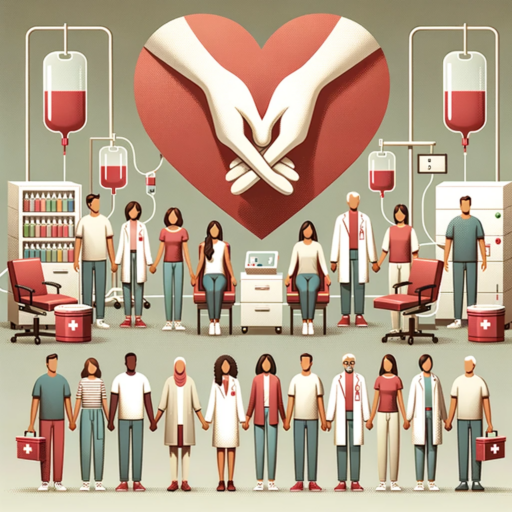November 3, 2023
VNRD: EBA and FIODS on future SoHO Regulation
Download
News
Position Paper
Press release
Joint statement of EBA and IFBDO/FIODS on voluntary non-remunerated donations (VNRD) in the context of the negotiations of the future SoHO regulation
Voluntary non-remunerated donations (VNRD) have proven to secure a safe and sustainable blood supply in Europe, in the interest of patients’ safety and donors’ wellbeing. As they enter the final stages of the negotiations of the SoHO regulation, the European Parliament, the Council of the European Union and the European Commission should strengthen this donation culture by reaffirming the VNRD principle and agreeing on a clear and strict definition of compensation.
Safe blood for patients
Over the past decades medical assessments have repeatedly shown that remunerated blood donors have a higher risk of blood-borne infectious diseases than voluntary non-remunerated donors. As testing for pathogens or pathogen reduction methods are not entirely fail proof, collecting blood for blood components from voluntary non-remunerated donors is an important safety measure.
By contrast, for plasma-derived medicinal products (PDMP), the safety gain from collecting plasma from voluntary non-remunerated blood donors has been considered of relatively less importance, given the large number of complementary measures, including several consecutive steps of pathogen reduction, which are implemented during the production process. However, financial compensation for plasma donation raises other concerns regarding donor health and supply resilience.
Donor safety and wellbeing
According to the Oviedo Convention on Human Rights and Biomedicine and the Council of Europe’s Committee on Bioethics, compensation should never act as an inducement to donate. A vague definition of what constitutes “compensation” risks undermining the principle of financial neutrality. This could allow forms of incentives (in cash but also as forms of compensation that could be considered a substitute for money) that might influence the underlying reason to donate blood and blood components. It will also lead to different approaches across the EU, creating different types of incentives to donate and even for cross-border donations, which already exist today and which EU legislation should be trying to end, not encourage.
All this can be detrimental to donor health because incentives that go beyond financial neutrality can encourage some donors to undergo blood or plasma donation in conditions or frequencies that may put their health at risk.
A resilient blood supply for Europe
Payment for the donation of blood (including donations of plasma and cellular components) both threatens blood safety and erodes community solidarity. Conversely, social cohesion can be enhanced by the act of voluntary non-remunerated donation because it is highly ethical and strengthens the social and individual identity of the donors. In the current geopolitical situation, voluntary non-remunerated regular blood donation as a practice of solidarity and active engagement for fellow human beings should be maintained and reinforced. Such donors are willing to donate plasma when properly informed and notably made aware of the needs of European patients. In this regard, coordinated action by public health authorities and donor organisations can play a decisive role. Payments for donations, by placing an onus on under-privileged populations in need of money, also compromise the development of a voluntary, non-remunerated and stable blood donor programme. There are concerns that a sufficient and sustainable supply of available and accessible blood and blood components based on VNRD may be compromised through the presence of parallel systems of paid donation.
EBA, representing public/not-for-profit blood establishments in Europe, and FIODS, the international organisation representing voluntary, anonymous, and non-remunerated blood donors, call on the European Parliament, the Council of the European Union, and the European Commission to adopt a final text of the SoHO regulation that reaffirms the principle of VNRD and a strict definition of the term “compensation”.
| Pierre Tiberghien | Sayah Abdelmalek |
| President of EBA | President of IFBDO/FIODS |
Download

